· the bill, if passed, will be a national law that should be binding on all states – Senate President
· FG and SGs should immediately identify suitable lands across the country and create grazing reserves and cattle routes
Herders –Farmers crisis has been a recurring issue in Nigeria that has claimed lives and properties, it is one of the reasons why there is food inflation as Nigerians groan every day at the continuous rise of price of foods in the markets.
To address this problem, Senator Titus Zam Tartenger representing Benue North-West Senatorial District sponsored a bill in the senate titled “A Bill for an Act to Establish National Animal Husbandry and Ranches Commission for the Regulation, Management, Preservation and Control of Ranches throughout Nigeria; and for connected purpose, 2024.”
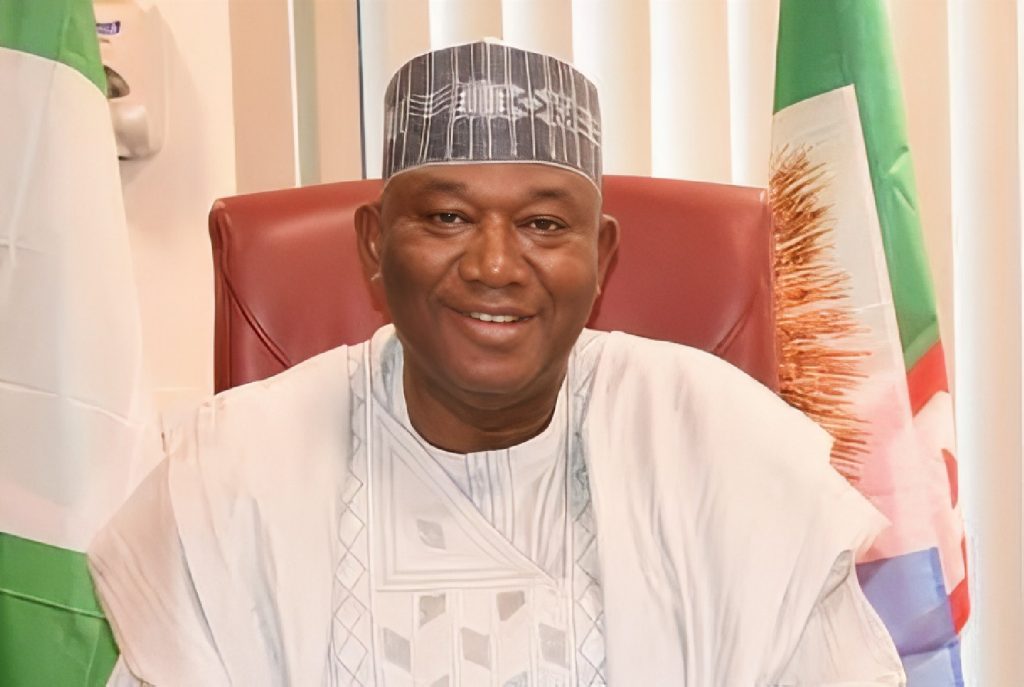
This Bill passed second reading on Wednesday June 5, 2024 during plenary after a majority of the senators supported it when the Senate President, Godswill Akpabio, put it to vote.
Senator Zam noted that over five million people have been displaced, while the clashes have caused Nigeria $3.5 million or 47 per cent of its Internally Generated Revenue.
Despite disagreements along regional lines especially from legislators representing some of the Northern regions; Senator Danjuma Goje from Gombe and his counterpart from Kebbi, Adamu Aliero, the bill passed second reading.
Speaking during the legislation, Senator Akpabio agreed that the upper chamber may review the Land Use Act to allow for easy access to lands.
The senate president also said the bill, if passed, will be a national law that should be binding on all states.
The Northern Elders Forum (NEF) then came out on Sunday June 9, 2024 to proffer a solution they said will address the longstanding Herders – Farmers crisis and phase out open grazing. The Northern Elders Forum (NEF) called for the immediate setting up of a National Pastoralist Commission (NPC) to act on all matters affecting the wellbeing and interests of all citizens whose livelihoods depend on livestock rearing.
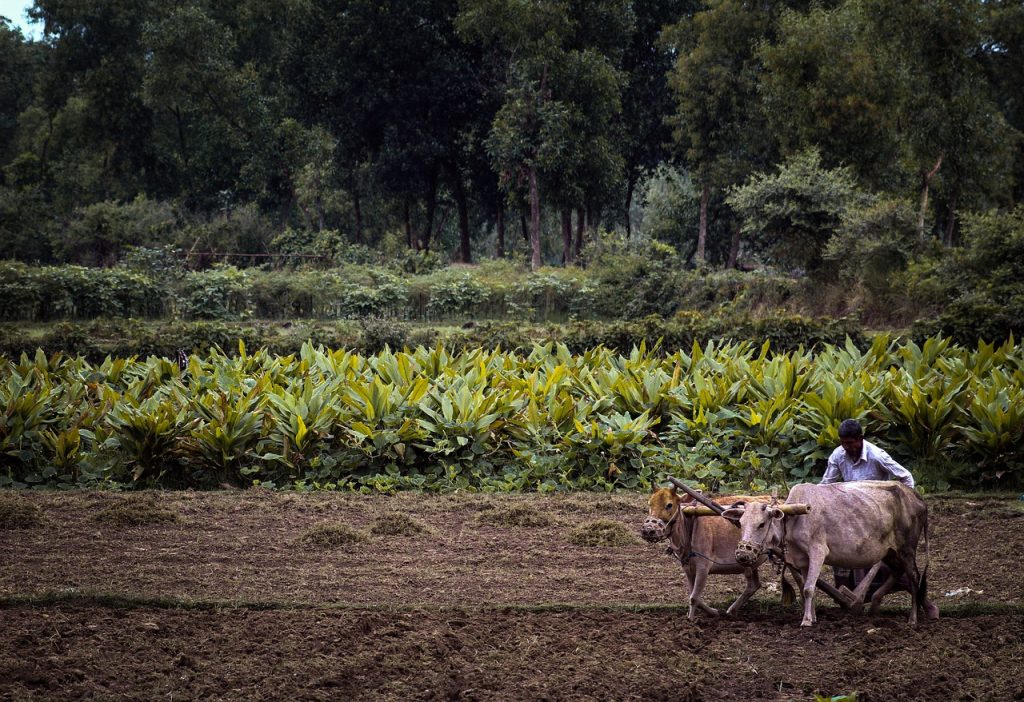
Director Publicity and Advocacy of NEF, Abdul-Azeez Suleiman, said there was no reason why special initiative should not be introduced to address the concerns and plights of herders, adding that successive governments have established agencies, ministries and programmes such as NDDC, OMPADEC, to tackle challenges affecting specific communities in the South.
The NEF further urged the government to establish special funds and policies to support pastoral communities in order to improve their livelihoods.
It also said the Federal and State Governments should immediately identify suitable lands across the country and create grazing reserves and cattle routes, and where resistance is shown, to expropriate such land as may be required for the purpose through resort to extant provisions of the Land Use Act and other related laws.
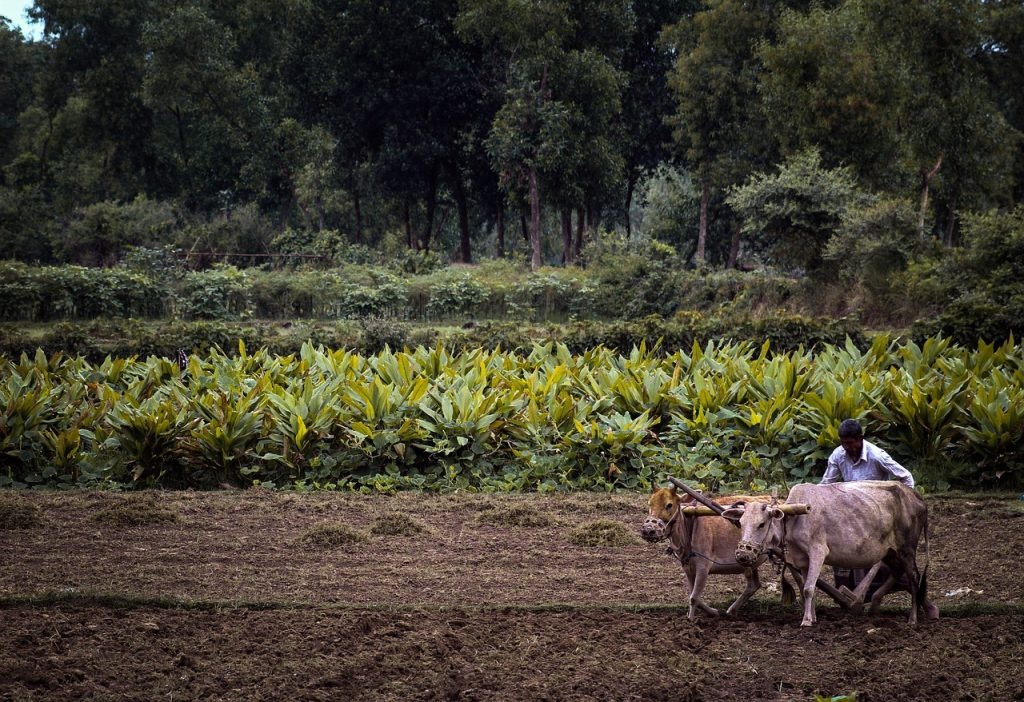
This is not the first time solutions have been proffered to address this particular problem. As we have seen different legislators at different times propose grazing reserves and title to lands for herders, the ruga policy of the Buhari administration was no different, each time there has been public outcry, with the masses seeing it as a means for land grabbing and eventual takeover of their communities.
It is pertinent to note that, the Grazing Reserve Law of 1965 was established far before the Land Use Act of 1978.
In Nigeria, the Grazing Reserve Law of 1965 was enacted in Northern Nigeria and made possible grazing routes. It allowed Herdsmen to transport livestock from one place to another. This law however, also criminalised open grazing in States that had domesticated the Grazing Reserve Law in Nigeria. This therefore, armed State laws with sanctions for Herders who failed to adhere by such laws.
Thus, the Grazing Reserve Law of 1965 which is not in itself a Federal Act but a State law, only had effect in those States in the Northern part of Nigeria that were affected. It was not enforced in other States, except those States that sought to enact such laws, or States that had grazing reserves located in them. For the Grazing Reserve Law to affect the whole country, it must first be enacted as a Federal Act by the National Assembly, in accordance with the provisions of Section 4(2) of the Constitution. It could also come under the provision of Section 315(1) of the Constitution.
But then, Urbanization plays a crucial role in shaping contemporary land use systems, consistently leading to the conversion of land from non-urban to urban purposes.
To compare the cattle business to issues in the Niger Delta, a region that has generated so much revenue used to develop all parts of Nigeria and a region in dire need of development as a result of activities that has brought the country most of its revenue in decades is unfair and holds no water.
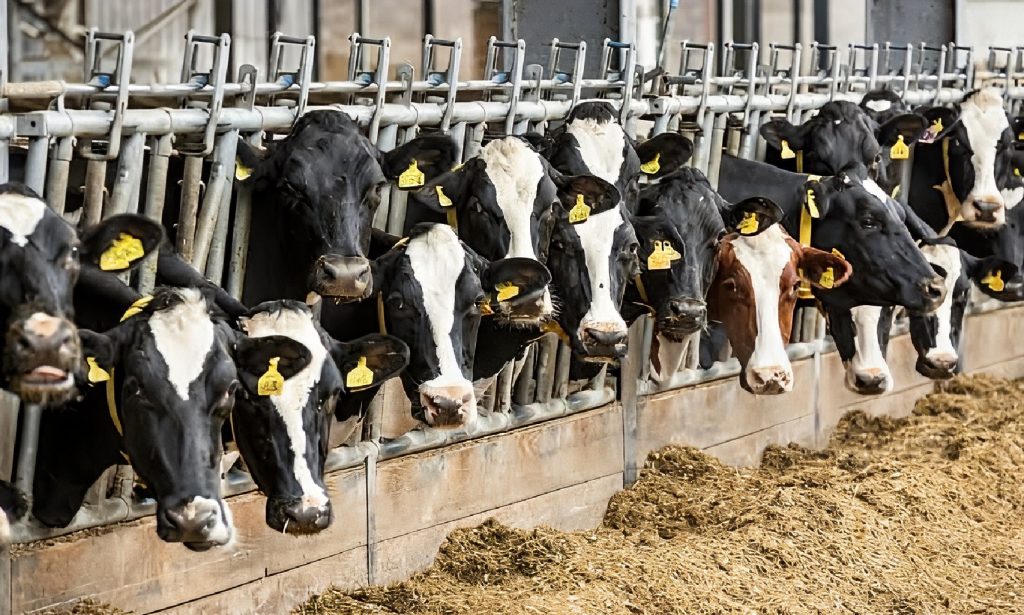
However, according to the University of Chicago press journals; pastoralism and capitalism are two distinct systems in which decision-making is guided by two distinct types of logic—cattle logic and capital logic—that are embedded within larger sociocultural systems. In pastoral systems, the everyday interactions and decisions of a cattle owner follow the logic of cattle and are aimed at ensuring the long-term continuity of the lineages of humans and animals.
In capitalist ranching systems, by contrast, a cattle owner follows the logic of capital and makes decisions with the aim of increasing monetary returns on investments. Understanding these logics and how they operate within their respective sociocultural systems is critical for explaining the shift from pastoralism to ranching in Central Africa. While the two systems articulate with each other and merge into hybrid forms.
The transition from pastoralism to ranching happens when a critical number of social interactions in everyday husbandry practices follow the logic of capital instead of the logic of cattle. In other words, the critical transition from pastoralism to ranching is driven by shifts in practical logic at the individual level, which are sped up by dynamic feedbacks from the system level.
However, according to the University of Chicago press journals; pastoralism and capitalism are two distinct systems in which decision-making is guided by two distinct types of logic—cattle logic and capital logic—that are embedded within larger sociocultural systems. In pastoral systems, the everyday interactions and decisions of a cattle owner follow the logic of cattle and are aimed at ensuring the long-term continuity of the lineages of humans and animals.
In capitalist ranching systems, by contrast, a cattle owner follows the logic of capital and makes decisions with the aim of increasing monetary returns on investments. Understanding these logics and how they operate within their respective sociocultural systems is critical for explaining the shift from pastoralism to ranching in Central Africa. While the two systems articulate with each other and merge into hybrid forms.
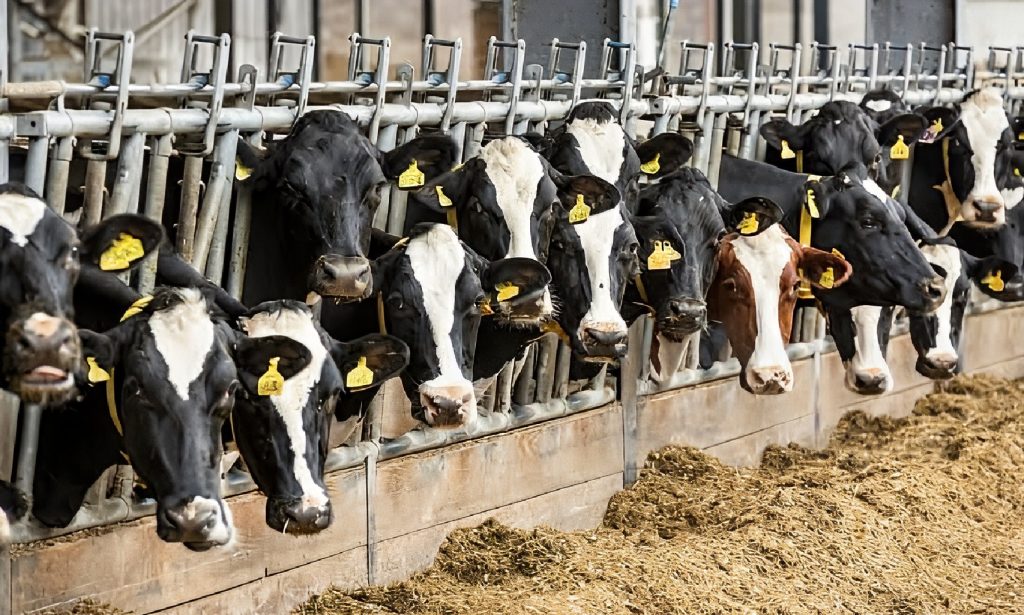
The transition from pastoralism to ranching happens when a critical number of social interactions in everyday husbandry practices follow the logic of capital instead of the logic of cattle. In other words, the critical transition from pastoralism to ranching is driven by shifts in practical logic at the individual level, which are sped up by dynamic feedbacks from the system level.
To help speed up the so much needed shift in practical logic of capital instead of the logic of cattle at the individual level of the pastoralist, dynamic feedback is needed from all sector of the Nigerian society: religious, socio-cultural, finance, traditional etc. to solve this herders – farmers’ crisis and move the country forward to its next phase of development.
